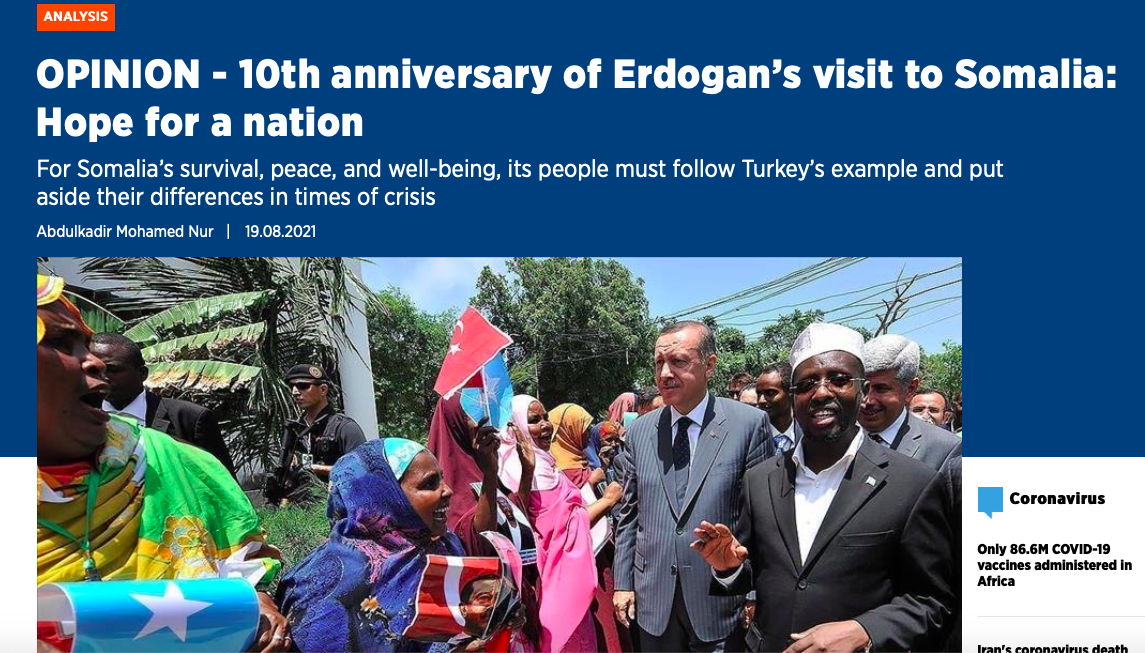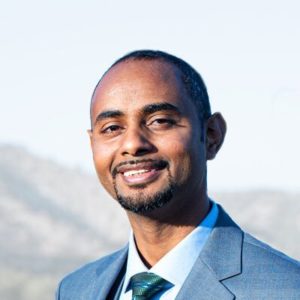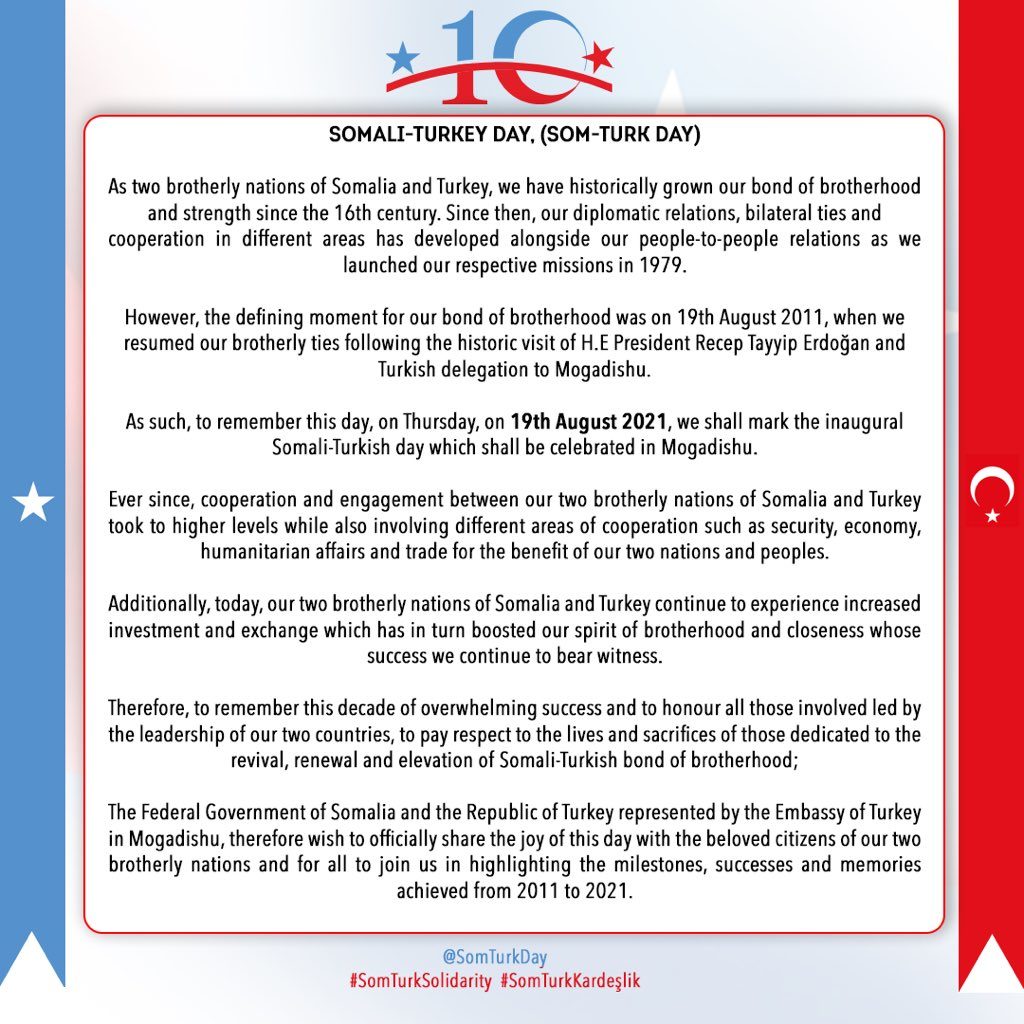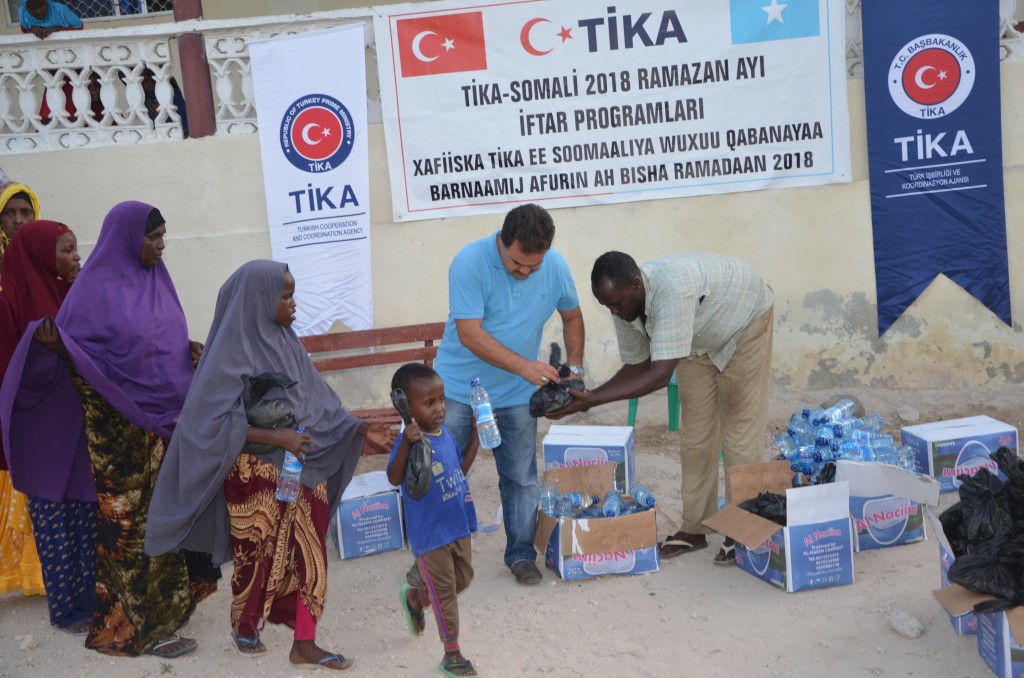Levent Kenez/Stockholm
Turks are pretty lucky to read opinion pieces and articles that without exception praise Turkish President Recep Tayyip Erdoğan, published every day by media outlets owned for the most part by the Erdoğan family. Yesterday, the state-run Anadolu news agency published an usual article written by a Somali minister on the 10th anniversary of Erdoğan’s first visit to the country, celebrated as Somali-Turkey Day in Somalia. However, a quick Nordic Monitor study shows that Erdoğan’s interest in Somalia is not just humanitarian, contrary to what many think.


Abdulkadir Mohamed Nur, the justice minister of Somalia who lived in Turkey for seven years and graduated from Ankara University, was working as a diplomat at the Somali Embassy in Ankara during Erdoğan’s first visit and was also on the plane that took Erdoğan to Somalia on August 19, 2011.
“… the aircraft ANA, emblazoned with the crescent and star of the Republic of Turkey, carrying Turkey’s then prime minister, Recep Tayyip Erdogan, and his delegation broke through the skies of Mogadishu. It was the first time in 20 years that a country’s prime minister risked his life and the lives of his delegation to visit my country, which the rest of the world ignored.” Nur wrote.

Nur said in the article that he and a close friend believed at the time that the dark cloud that had descended on the Islamic world would only disperse with light from Istanbul.
“I can categorically state that President Erdogan’s visit was the result of a policy shaped solely by conscience. Erdogan followed through on all promises and commitments after demonstrating through his actions that he would not remain silent in the face of the crisis,” Nur added.
Celebrating the anniversary of a president’s visit to another country is uncommon. However, Erdoğan’s popularity in Somalia is high. Erdoğan has shown a great interest in Somalia since 2011 and ordered the construction of Turkey’s largest embassy compound in Mogadishu while also building a military training center and military school. His associates secured the operating rights of both the airport and port facilities. His government financed an important number of humanitarian projects through state agencies. The most-visited hospital that was named after Erdoğan also helps keep him popular in the country
The Albayrak Group, which is owned by Erdoğan family friends, has been constructing housing financed by Turkish agencies since 2011. Moreover, it took over the port of Mogadishu in 2014 and has operated the port Erdoğan’s direction. Since then, corruption and bribery have become more widespread, and the port has functioned as the main gateway for the corrupt system.
Another outfit that operates under the political and diplomatic cover of the Erdoğan government is the Foundation for Human Rights and Freedoms and Humanitarian Relief (İnsan Hak ve Hürriyetleri ve İnsani Yardım Vakfı, or IHH), an al-Qaeda-linked Turkish charity that was accused of smuggling arms to Syrian terrorist groups, according to intelligence submitted to the United National Security Council by Russia. The IHH has been operating in Somalia for nearly 20 years, providing logistics and supplies to militant groups.
Nordic Monitor previously published a classified report by Turkey’s Financial Crimes Investigation Board (MASAK) that showed how the Erdoğan government hushed up a probe into hundreds of thousands of dollars in aid to al-Shabab. According to the MASAK report, the Turkish Foreign Ministry sent letter No. 48378 to MASAK on March 22, 2013, attaching a request for information sent by the US Treasury’s Office of Terrorism and Financial Intelligence, led by Under Secretary David S. Cohen at the time. The intelligence picked up by the Americans indicated that Turkish national İbrahim Şen and his brother Abdulkadir Şen were involved in delivering $600,000 to al-Shabab between September and December 2012. Turkish authorities kept the probe into the Şen brothers quiet.

Last February, a memorandum of understanding (MoU) between Turkey and Somalia on comprehensive energy and mining cooperation signed in 2016 was approved by the Turkish parliament a week after President Erdoğan issued a statement on an invitation by the Somali government to conduct drilling and exploration operations off its coasts. According to the text of the agreement, obtained by Nordic Monitor, the Turkey-Somalia energy cooperation MOU will focus on projects for the exploration, production, and refining of hydrocarbons; natural gas processing, storage, transportation, marketing and distribution; geosciences and reservoir engineering; petrochemical and derived products; and the development and maintenance of infrastructure and associated technologies with regards to the hydrocarbons.

Turkey considers the Somali army a guarantor of its presence in the vulnerable and fragile African country and is continuing its assistance by donating military equipment and training army personnel. Through its military training base and defense industry cooperation, Turkey is aiming to expand its political influence and military involvement in Somalia and the Horn of Africa. Following the withdrawal of African Union Mission to Somalia (AMISOM) troops in December 2021, Turkey will become a dominant factor in shaping the Somali army.
Most recently the Erdoğan government decided to donate $30 million to Somalia in line with an international agreement signed between the two countries in July. The money will be used for Somalia’s budget financing and institutional capacity building. Last year, the Turkish government paid part of Somalia’s debt to the International Monetary Fund (IMF) as a deduction from some 11.9 Special Drawing Rights returned by the IMF to Turkey on March 25 to compensate for the loss of income by the fund’s non-performing interest receivables and the Special Contingency Account.












